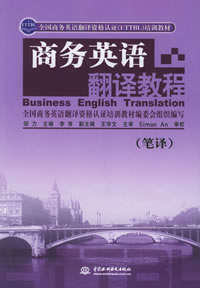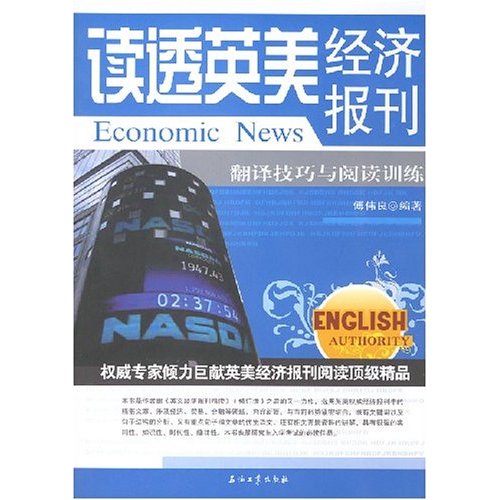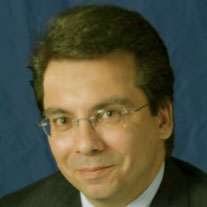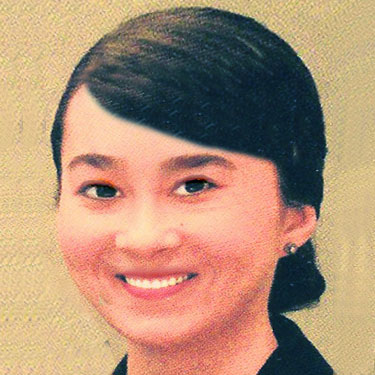Getting Started as a Translator:Gleanings from Honyaku (第三部分)
作者:古龙 2009-07-04




语际翻译公司 转载请注明https://www.scientrans.com
∗本栏目部分文章内容来自互联网,部分已经过本站编辑和整理,如有版权事宜请联系Email/MSN jesczhao@hotmail.com
Paul Seward
________________________________________
Here's my story.
Born in Hawaii, I was exposed to anime and tokusatsu in the early '70s, when I was about six years old. I fell in love, and they've been a part of my life ever since. When I was ten, my family moved to the mainland (the SF Bay Area), and I was stuck with dubs for about eight years. Then I had the opportunity to get my hands on real anime, and by this point manga as well, unedited and untranslated. I decided to start studying Japanese so I could read and watch what I was collecting in its original form. My first formal courses were night classes once a week at a community college where I lived, in my senior year of high school. As an aside, I also aced four years of German in high school, but I hardly remember any of it.
I also began attempting my first anime/manga translations at this time. You can imagine what they were like. I wasn't satisfied myself, both with my own work as well as what I was seeing around me, amateur and pro alike, and kept working at it, determined to improve. Back then the fans were pretty receptive to someone making an effort to give them something they couldn't get elsewhere, and this made for a pretty safe place in which to start honing my skils. Essentially, I began studying Japanese and translation for personal satisfaction. I think having a personal interest of some sort makes for much better motivation than simply earning classroom credits.
Speaking of which, about this time I was going to college (UC Santa Cruz), where I ended up taking another two years or so of Japanese studies. I did get value out of my coursework, because it helped me get the basics of grammar, pronunciation, and writing. But eventually I hit a wall, and to get over it I started reading novels as well as manga, trying to resort to dictionaries as little as possible. As a result, I can now read a 250-300 page bunkoban novel in about a week, if I'm reading nothing else (a rare occurrence).
In 1989 a computer software designer was advertising on Usenet for translators for a new anime subtitling company he was forming. I heard about it from a friend, contacted the person in question (he was in New York while I was in California), and that was how I broke into professional translation--through the side door. I was fortunate in that the other person to answer the ad was a native Japanese speaker with English as a second language (born in Japan, his family moved to the States when he was a small child). Thus, we complemented each other very nicely. My years at AnimEigo would be an intense, yet still relatively risk-free, training ground.
In 1991, AnimEigo brought some of its operations to Tokyo, and sent for me to take over subtitling as well as translation. I didn't have a college degree (still don't), and didn't have enough documentable experience to qualify for a working visa on that basis. So I began attending Japanese school. After two years of that, I took and passed the Mombusho Japanese Proficiency Exam Level 1 twice, and passed it both times with better than 80%. All the while, I was living in Japan basically on my own, and had to learn day-to-day conversation just to survive.
About a year ago, not long after I finally got my working visa, Gainax, an anime/multimedia production company, recruited me just as I was coming to the end of the road with AnimEigo. Now I do a variety of translation work in-house, and work on freelancing opportunities within the industry. I've turned a hobby into an occupation, and most of it has been flukes so far. Now I'm starting to exercise some personal initiative, as I look for a publisher for a couple of book translations, among other things. Here's to whatever comes next...
Michael House
________________________________________
My training was more or less conventional -- a year in Japan during college, and then completed the Naganuma advanced modern Japanese program -- but the first person I worked for was a one-man agency who had started as an editor in Japan with no formal language training; he pasted a Touyou Kanji chart to his office wall, started at the top, and memorized his way down. By the time he hired me part-time, he was very successful as a translator, doing mostly computer and equipment manuals. (He let me start on less technical stuff that was too much trouble for him to do.) His spoken Japanese was pretty bad, but his clients (including some end users) loved him -- he did good work, liked to go out drinking with them, and was generally seen as a good fellow. So there are lots of different methods for getting started.
Lee Seaman
________________________________________
I've always noticed a conspicuous lack of translators among those I studied Japanese with in university. Maybe a lot of my contemporaries regarded the study of the Japanese language as a stepping stone rather than a goal?
- 评论
- seme:文章内容文章内容文章内容文章内容文章内容文章内容文章内容文章内容文章内容 章内容文章内容文章内容文章内容文章内容
- seme:文章内容文章内容文章内容文章内容文章内容文章内容文章内容文章内容文章内容 章内容文章内容文章内容文章内容文章内容

- 谈翻译观念的嬗变与翻译技能的训练
2009-6-15 15:33:10 - 《高等学校英语专业英语教学大纲》中规定,大学生通过四年的在校学习,“能运用翻译的理论和技巧,将英美报刊上的文章以及文学原著译成汉语,或将我国报刊、杂志上的文章和一般文学作品译成英语……。译文要求忠实...
- 翻译与网络营销
2009-6-11 0:02:31 - Translation and Your International E-Commerce Strategy Most businesses realize that they ...
- 第四届IEEE生物信息与生…
2009-6-30 19:42:01 - 基本信息 主办单位: 四川大学,IEEE生物医学工程协会(EMBS) 承办单位 开始日期 2010/06/18 结束日期 截稿日期 2009/1...
- 第九届全国光电技术学术…
2009-6-30 19:35:58 - 基本信息主办单位: 中国宇航学会光电技术专业委员会承办单位 开始日期 2009/11/01结束日期 截稿日期 2009...
















